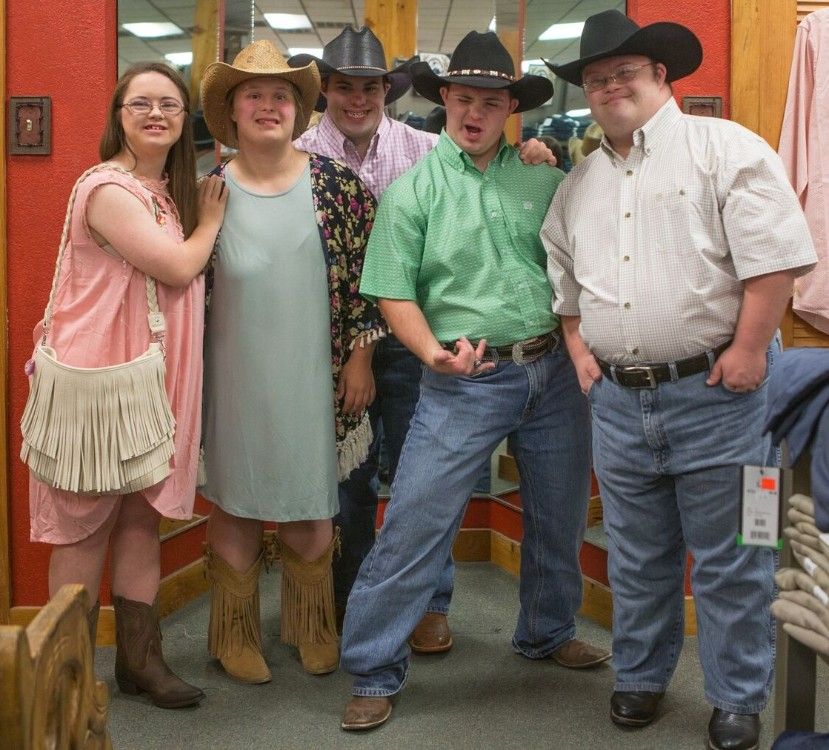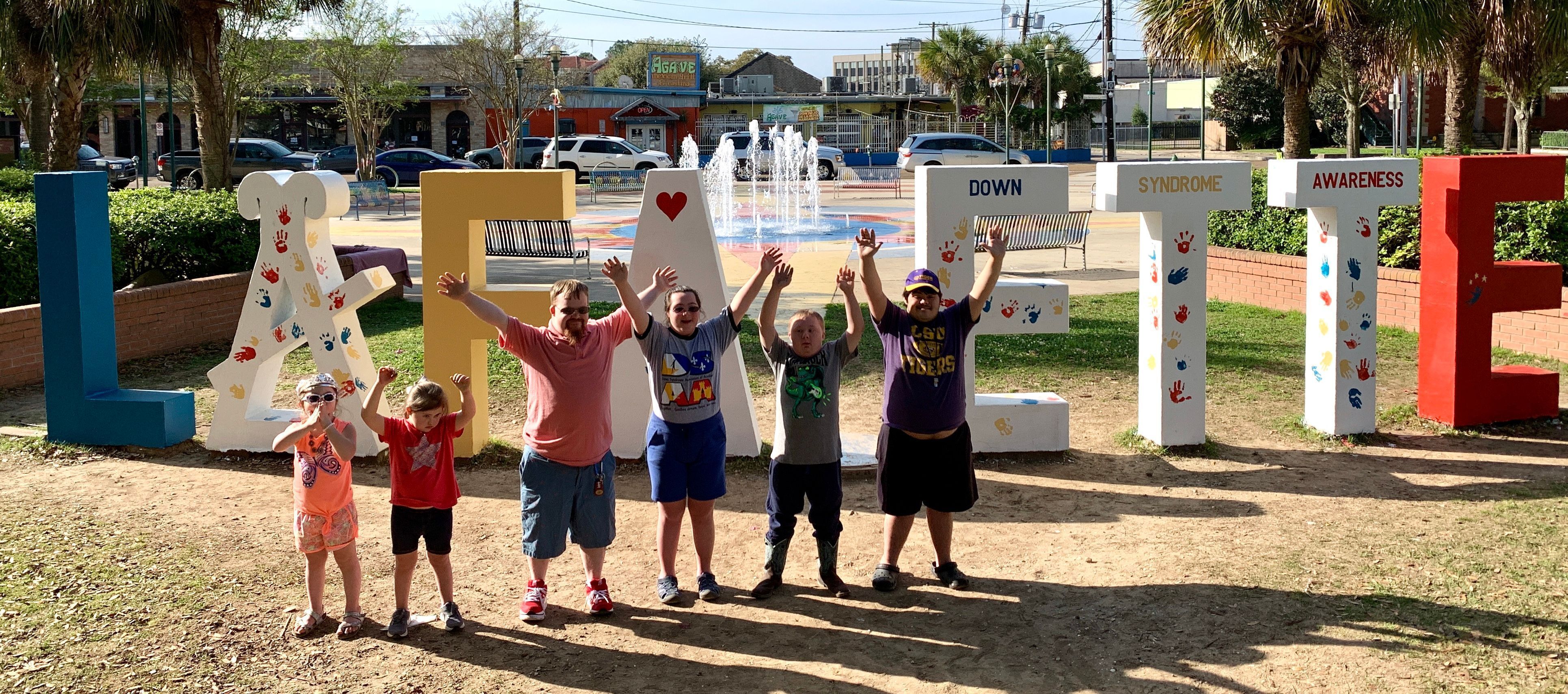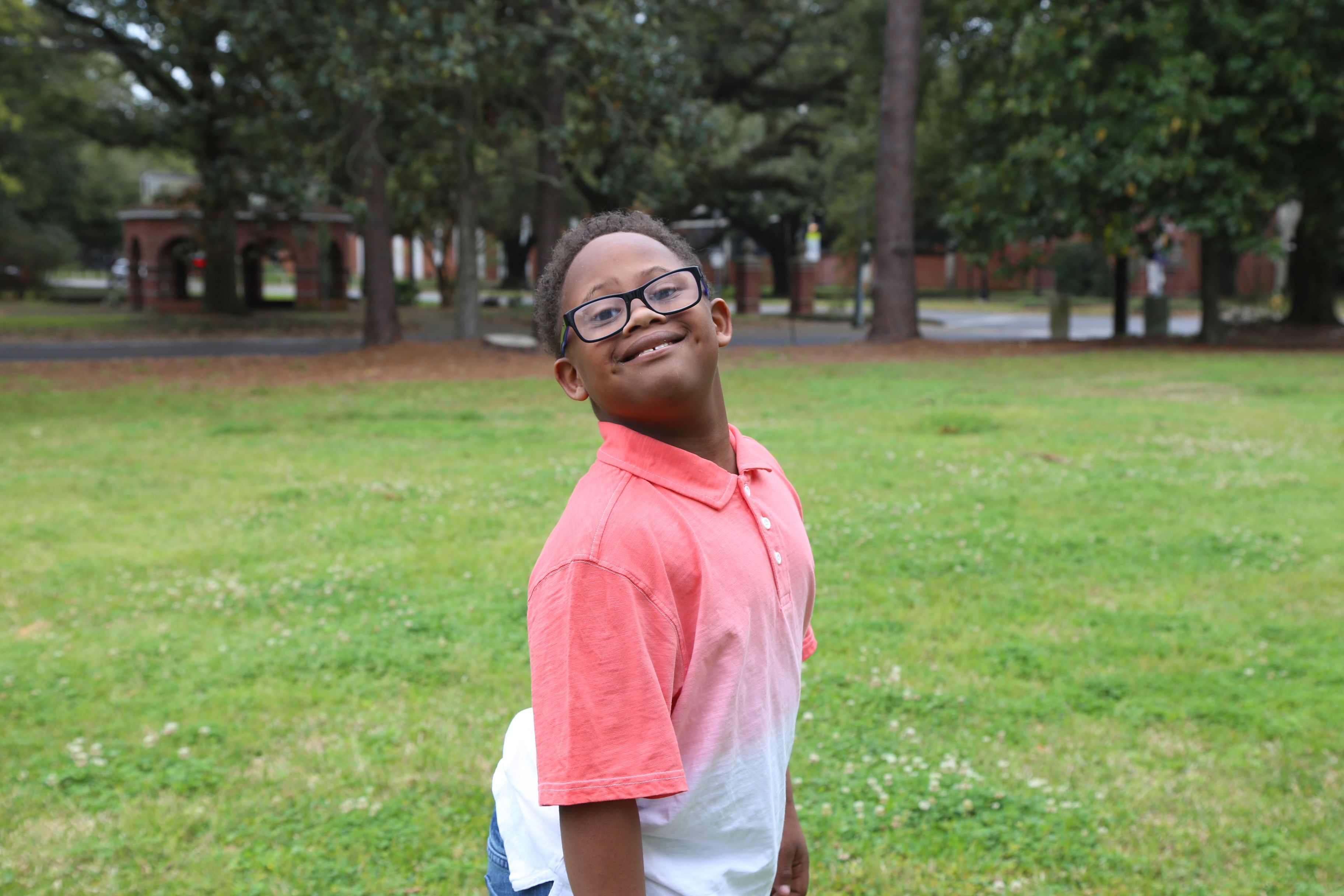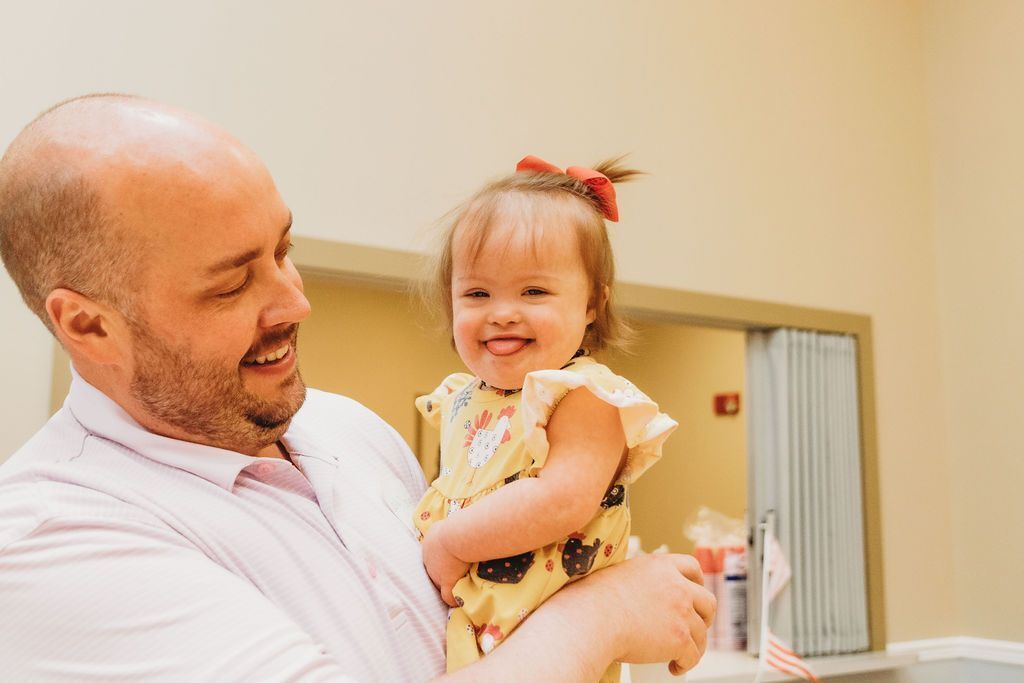The most common form of Down syndrome is known as Trisomy 21. Individuals with Trisomy 21, have 47 chromosomes instead of the usual 46 in each of their cells. The presence of three copies of the 21st chromosome causes a genetic imbalance that alters the typical course of growth and development of the fetus and child with Down syndrome. This can lead to a variety of degrees of learning and physical difficulties that can range from mild to severe.
What are the physical characteristics of Down syndrome?
The following characteristics are most commonly associated with Down syndrome but can also be found in the general population. There are some variations of physical features among babies with Down syndrome; not every baby possesses all of the characteristics.
- Low muscle tone called hypotonia. This means their muscles appear relaxed and feel “floppy”.
- Flat facial profile
- Short arms and legs
- Small nose
- Upward slant to the eyes
- Small mouth and roof of mouth is narrow
- Excessive ability to extend the joints
What are the developmental aspects?
A baby with Down syndrome will grow and develop like other babies. He/she will do all the things a typical child does, only somewhat later. Compared with typical children, individuals with Down syndrome are usually smaller and their development is somewhat slower. Most children with Down syndrome will display a delay in their speech and language development. It should be noted that there is a wide variation in the mental, behavioral, and developmental progress in children with Down syndrome. A caring and enriching home environment, early intervention, and improved special educational services can have a positive influence on the child’s development.
What about adults with Down syndrome?
Today, adults with Down syndrome have choices about where they live and with whom they live with. Some live in apartments, condominiums, or houses with roommates and/or with support services, and some adults choose to remain in homes with their parents or siblings.
Do adults with Down syndrome work?
Many adults with Down syndrome work at a variety of jobs, ranging from regular competitive jobs in the community to supported employment of sheltered employment. For example, people with Down syndrome are clerical workers, computer operators, assistant coaches, photographers, teacher assistants, etc. They are contributing more and more to our society and arr tax-paying members of their communities.
Myths and Facts about Down syndrome
- Myth: People with Down syndrome have a short life span.
Fact: Improved medical care is the primary reason for prolonged life spans of people with Down syndrome. It is not unusual for people with Down syndrome to live into their 50’s, 60’s, and even 70’s.
- Myth: People with Down syndrome have severe cognitive delay.
Fact: The vast majority of children with Down syndrome function in the mild to moderate range of cognitive delay. Children with Down syndrome often attend regular schools in regular education classes with differing levels of support.
- Myth: Parents will not find community support in bringing up their child with Down syndrome.
Fact: There is a wide variety to support programs throughout Acadiana. DSAA provides families with a support network, sharing experiences from the birth of a child through the stages of education and adult-living within the community. Support resources include newsletters, new-parent information packets, parent-match services, community education and special events. For additional recourses see our recourses and services page.
- Myth: Most children with Down syndrome are born to older parents.
Fact: Because there are younger women having babies, 75-80% of all children with Down syndrome are born to women under 35 years of age. The risk of having a baby with Down syndrome increases with the advancing age of the mother. The risk at age 20 for instance is about 1 in 1,600, the risk at age 35 is 1 in 365 and the risk at 40 is 1 in 100.
- Myth: People with Down syndrome are always happy.
Fact: Individuals with Down syndrome experience the same emotions as the rest of the population. They respond well to positive expressions and can be hurt by negative expressions.
-
Resources and Community Support Page





